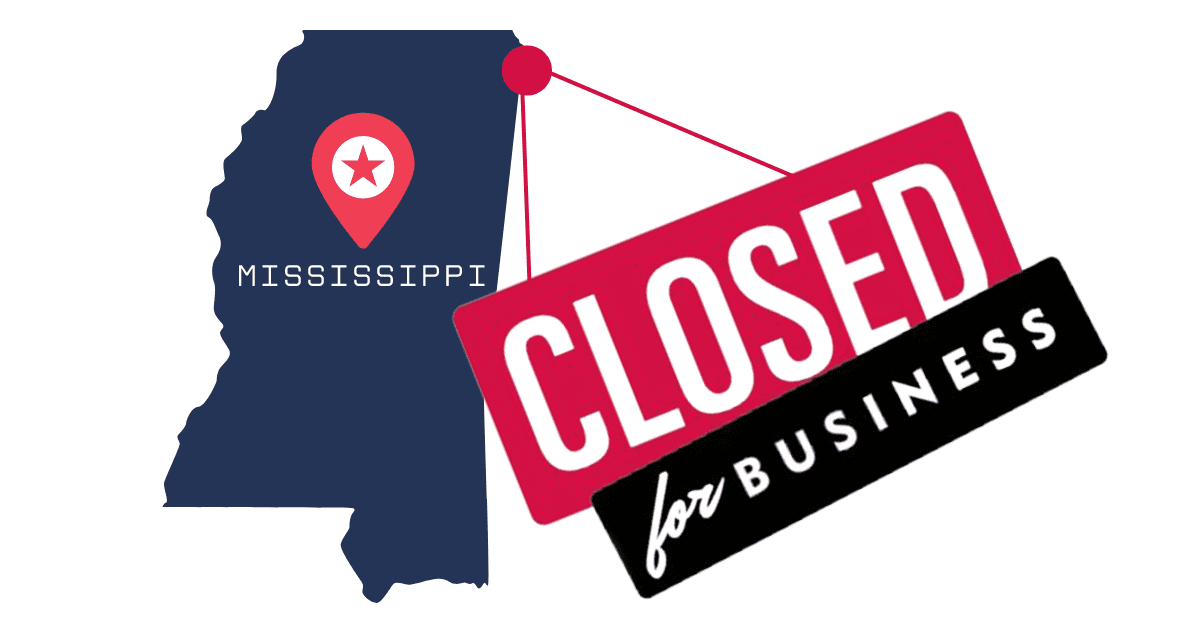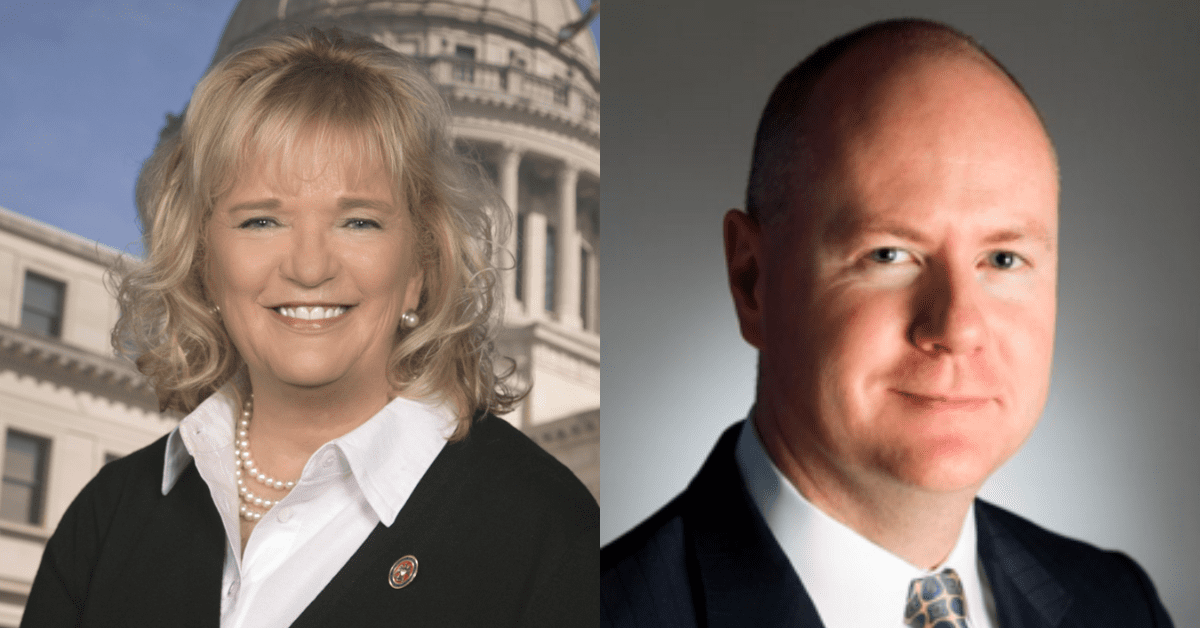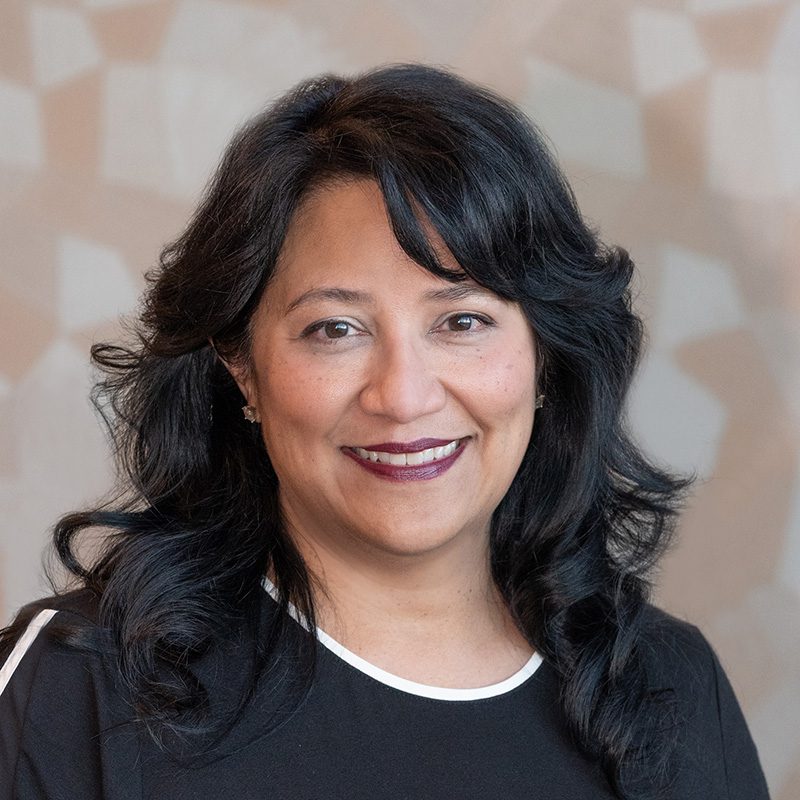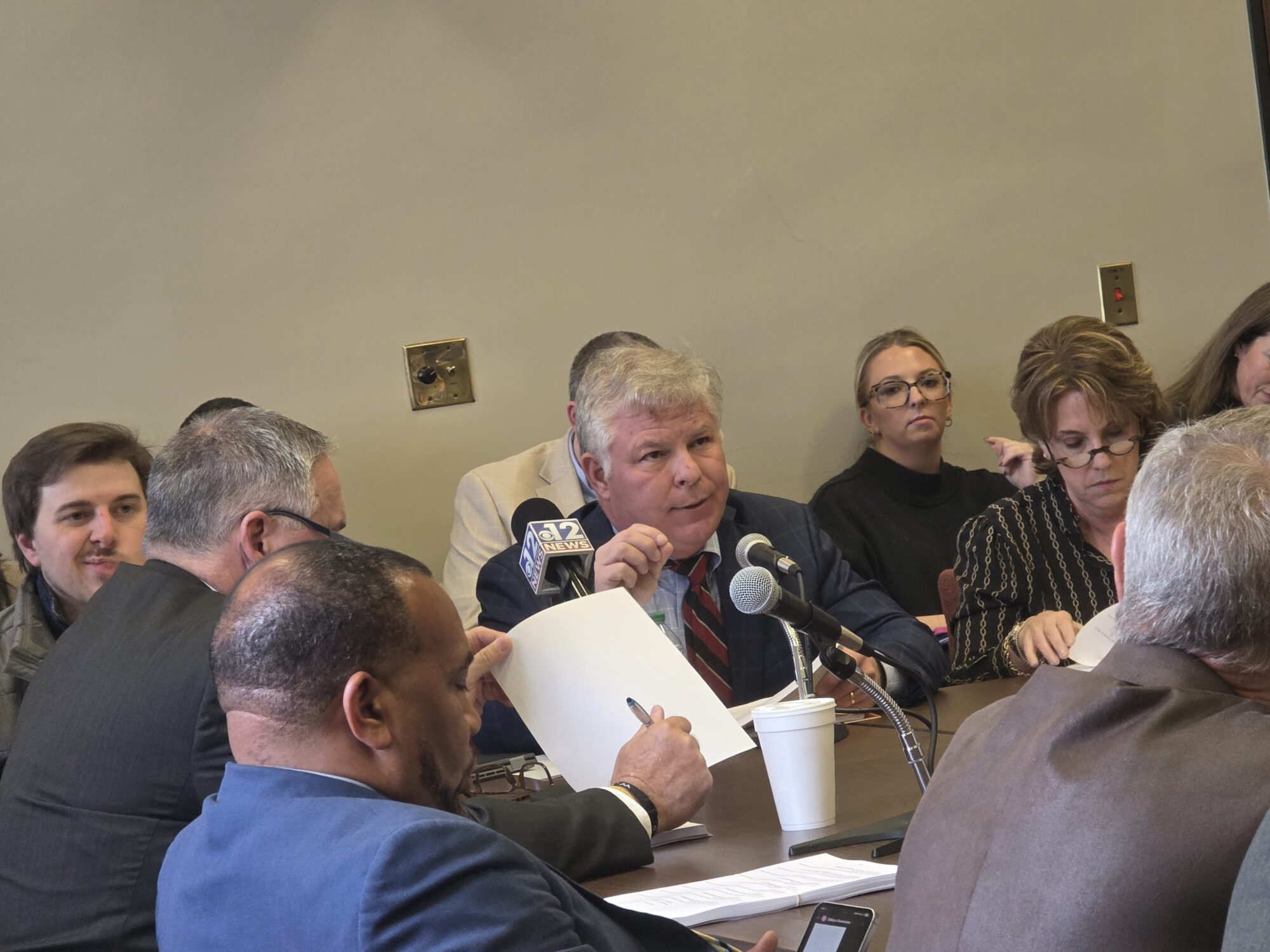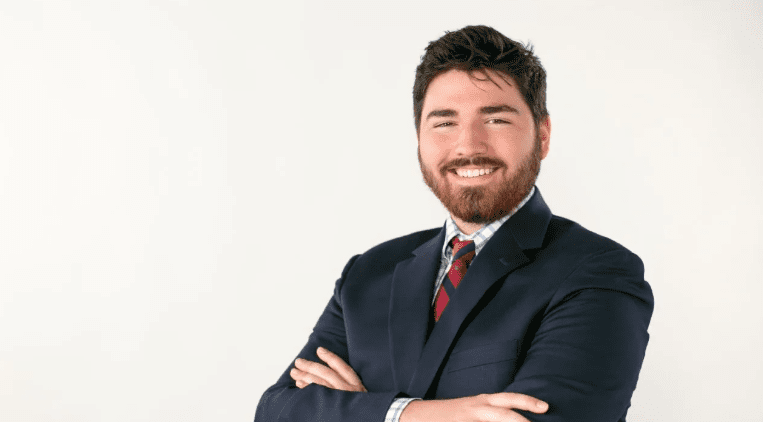
It seems that there are more moms and dads that want change.
An education revolution is underway across America.
Last week, Sarah Huckabee Sanders, the newly elected governor of Arkansas, announced a plan to introduce universal school choice. By 2025, every family in Arkansas will be given an Education Freedom Account for each child. This will allow moms and dads to enroll their kids in whatever school is most appropriate for their family – be it “public, private, parochial, or homeschool”.
The month before, Utah and Iowa passed laws that will allow something similar. Texas, Florida and Wyoming are not far behind. Arizona and West Virginia have already implemented school choice.
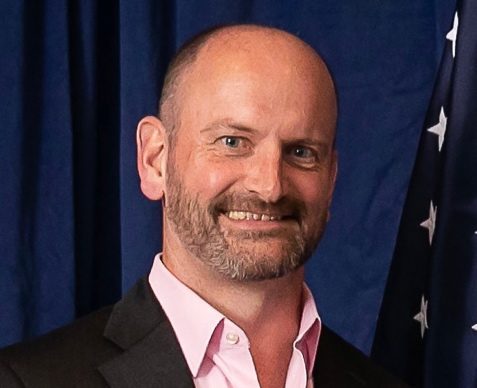
It has been half a century since Milton Friedman, the great conservative thinker, first advocated a system of universal school choice. But over the intervening years, not a great deal actually happened.
Some states made a few incremental steps toward greater school choice. Our own state of Mississippi, for example, passed a law to allow children with special needs to have greater control over their share of the education budget.
At the same time, starting in the 1990s, several states in the midwest created what became known as charter schools. Phenomenally successful, these government-funded schools operate independently from the state school system and extended education choices to many families that would not otherwise have had any.
The reality is that until two years ago, no state in America had a comprehensive system of school choice. In a couple of years, it is likely that at least 10 of the 50 states will. What changed?
For decades, school choice has been the conservative movement’s Holy Grail, something much sought after, but seldom ever seen – until now. Why are we suddenly seeing the success of the school choice movement?
COVID lockdowns played a part. When schools were shut down, often for extended periods of time, parents found themselves asking questions about what and how their children were being taught. The culture of deference to expert educators dissolved. Dissatisfaction grew. Suddenly there was a large pool of parents wanting something different.
At the same time, leaders in several states have woken up to the way that they can build a coalition around parental empowerment. Gov. Ron De Santis in Florida, for example, is phenomenally popular. He was re-elected winning 62 of Florida’s 67 counties. Giving school choice to moms and dads from every background in the state has won him support from voters of every background across the state.
Nor should we overlook the role of state-based think tanks who have been patiently making the case for change. It is no coincidence that there is a handful of highly effective free-market think tanks advocating for change in states such as West Virginia, Arizona and Texas.
Perhaps the most revealing thing about the school choice revolution as it unfolds is that those opposed to school choice seem to be a lot weaker than was once assumed. For decades the lack of progress toward school choice was down to the powerful vested interests that opposed giving parents control over their tax dollars.
It turns out those vested interests who believe that the primary purpose of the state’s education system is to provide the payroll are not as strong as was assumed. Sure, they huff and they puff and complain about giving parents more power. But it seems that there are more moms and dads that want change.
So why aren’t we seeing any momentum toward school choice in Mississippi? If Arkansas’ governor can announce a program for universal school choice, why can’t we?
At times it seems as if the forces of ‘do nothing’ inertia in Mississippi are stronger than ever. During the current legislative session, for example, even fairly modest proposals that might have made it a bit easier to open more charter schools (Mississippi only has eight) were killed off in committee.
The key is leadership. Arkansas looks set to get school choice because instead of kowtowing to the vested interests, Gov. Huckabee Sanders is reaching over their heads and appealing directly to families.
It turns out that allowing every family the freedom to make choices about their kids’ education that currently only a few wealthy folks can make is pretty popular. I suspect it is only a matter of time before someone makes that discovery on our side of the river.



